Coming from Belgium, Paris is not exactly a foreign city. Of course, the one hour and 20 minutes trip in the Thalys high speed train looks not much longer than a long commute. We come as neighbors, almost like family, and it is not unconceivable to have a surprise encounter with a cousin on a street corner or a museum entrance. Moreover, we are used to read and see the Parisians neighborhoods and streets on the news, in movies, newspapers and novels: Boulevard Richard-Lenoir, Rue de l’Abbé-de-l’Epée, Rue Lepic, Rue Monsieur-le-Prince…
Reading Patrick Modiano feels like walking in Paris, a little bit at random, without looking at the map, trusting one’s memory in which personal remembrances, history and fiction are mixed.
« Flowers of Ruin », published in English in the same volume as “Suspended Sentences”, leads us to several neighborhoods, crossing, not without fear, from the left to the right bank of the Seine. The narrator tries to uncover the reasons behind the suicide of an apparently ordinary young couple in 1933. The narrator tries to uncover the reasons behind the suicide of an apparently ordinary young couple in 1933. The suicide took place 26 Rue des Fossés-Saint-Jacques. Did a fortuitous encounter close to l’Ile des Loups precipitate the drama? In his investigation, he crosses the paths of other characters with a blurred past and an unclear present. Like in several Modiano’s novels, it seems that all ways lead to the Rue Lauriston. And therefore to his father, Albert Modiano, who had been arrested twice during raids against Jews in 1942 and 1943, but mysteriously freed by members of the Rue Lauriston gang, a group of criminals who became known as the French Gestapo.
Modiano sometimes would like to escape that quest which seems to never abandon him, waiting for him behind each street corner. For example, in « Flowers of Ruin »: « A girl was walking under the leaves of the trees along Boulevard Jourdan. Her blond bangs, cheekbones, and green dress were the only notes of freshness on that early August afternoon. Why bother chasing ghosts and trying to solve insoluble mysteries, when life was there, in all its simplicity, beneath the sun?”
« Suspended sentences » is the most moving book by Modiano which I have read, probably because it evokes the memory of Rudy, Modiano’s brother who died of leukemia at age 10. A group of four women is looking after two children, Patoche and his brother, in a village near Paris. Their mother is on tour with her theatre company and the father is probably on a business trip in Africa. The two children observe the comings and goings of these women and their visitors who arrive in nice American cars in which they are allowed to get a ride. What do they grasp of this theater of shadows? What can they guess when in the evening they are asked to go upstairs in their room? They are hoping to visit the abandoned castle at the end of the village. A castle seized for illegal gains after the Liberation and whose owner their father allegedly knows. On some nights, they both escape outside the house, get closer to the castle, but will never go through its gates.
Once, on their way back from school the four women who looked for the kids for about one year had disappeared. A black car was parked in front of the house. A gendarme asked them:
« What are you doing here? »
« This is my house, » I said. “Has something happened? ».
« Something very serious. »
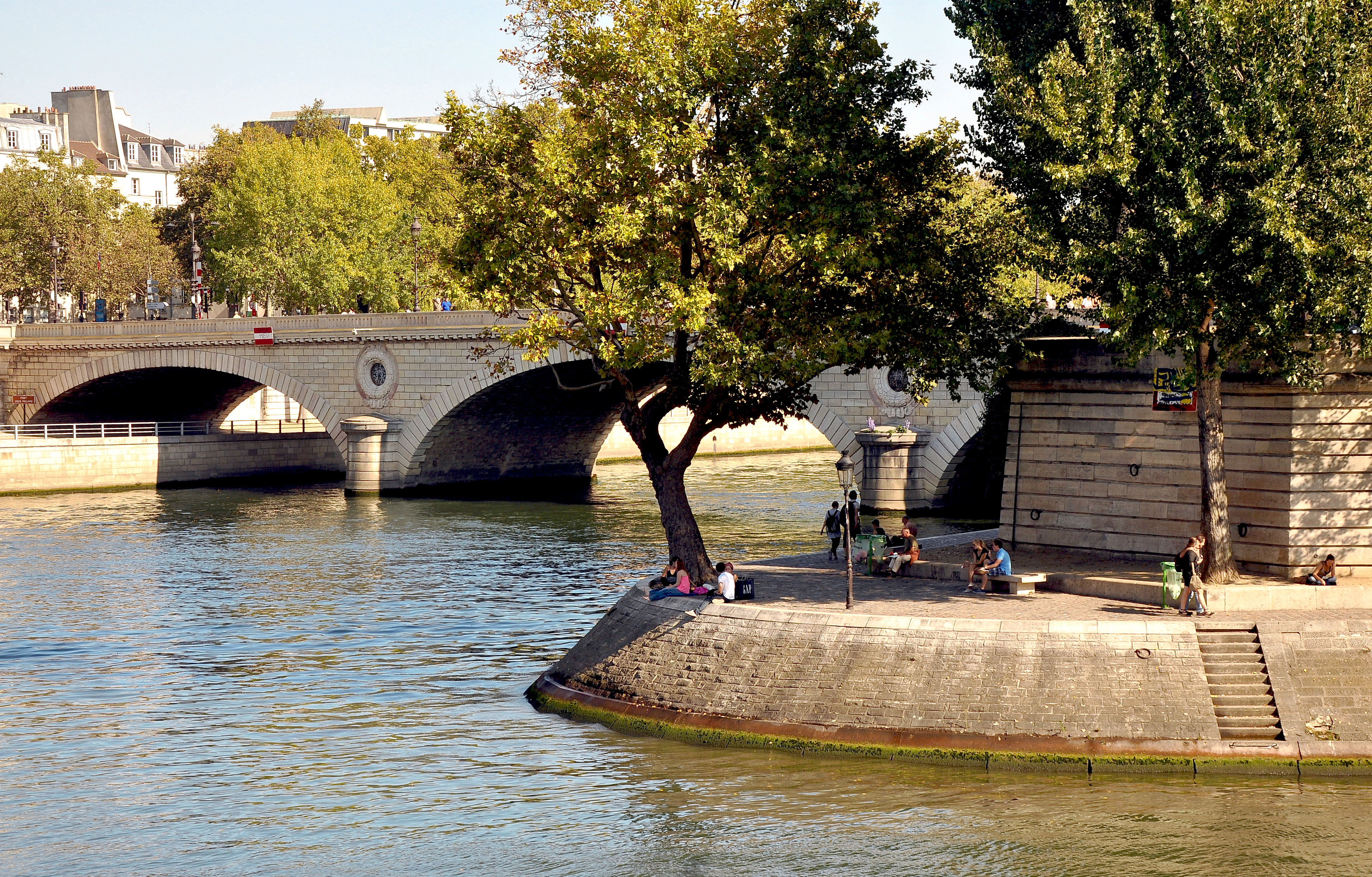
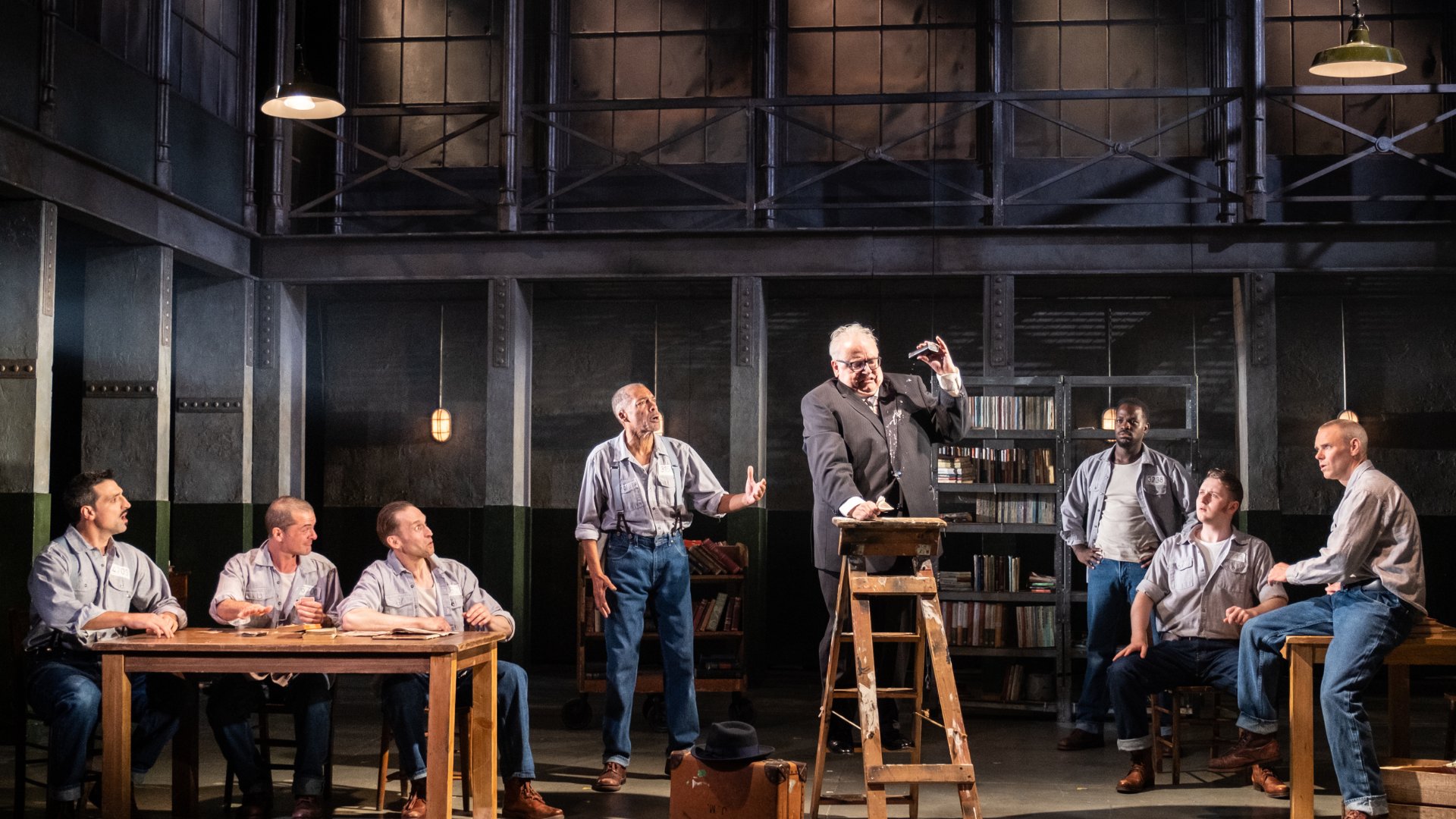

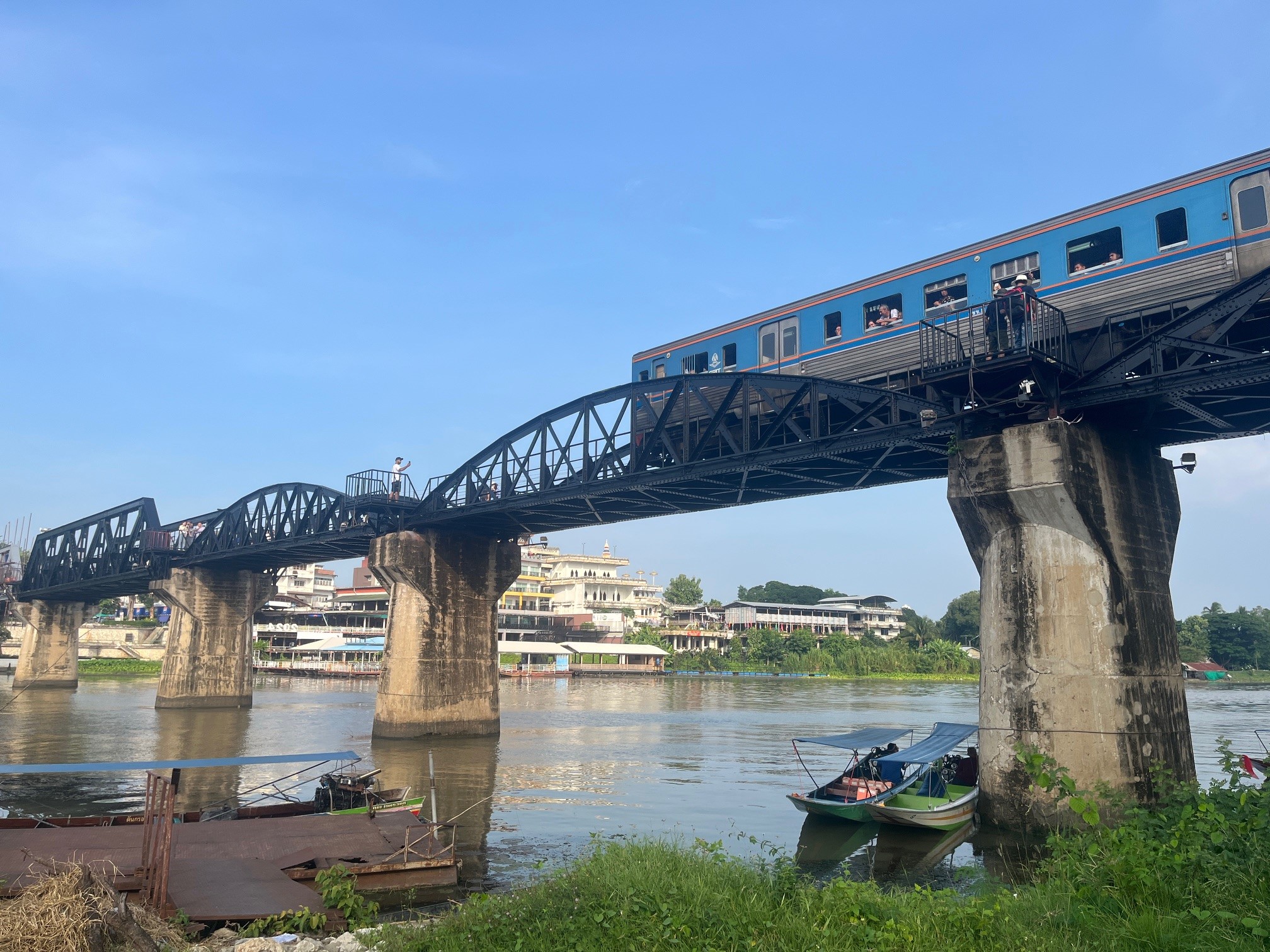
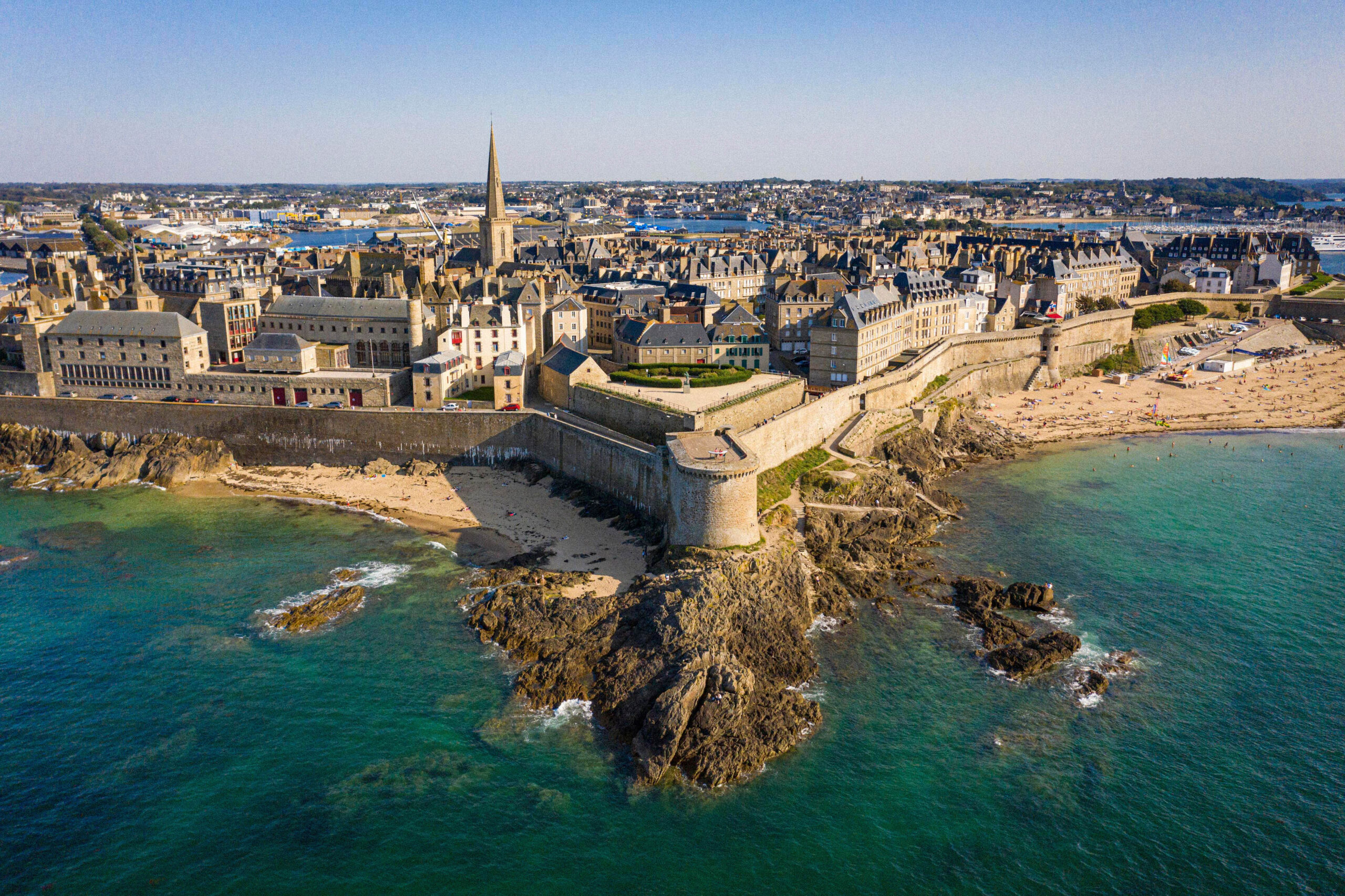
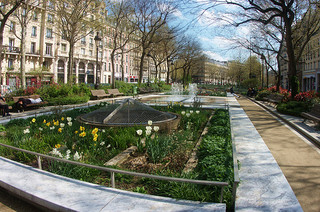
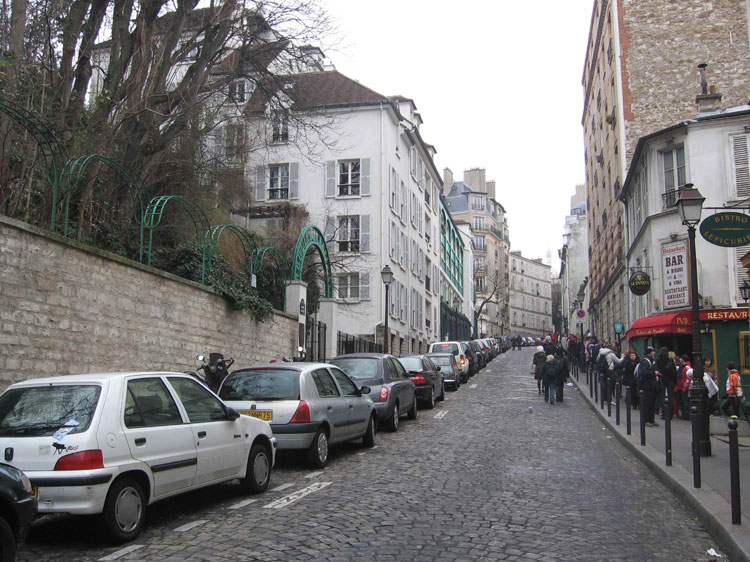
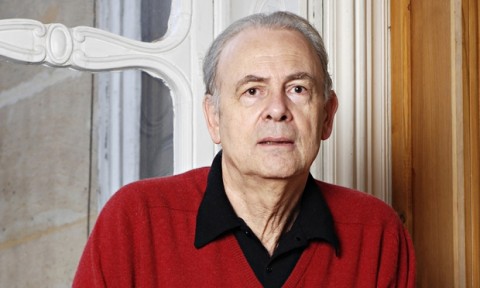
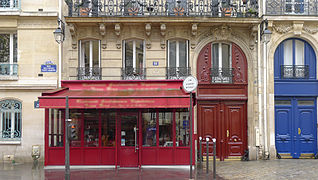
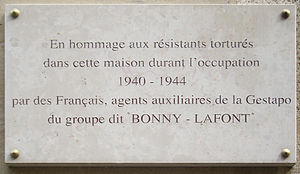
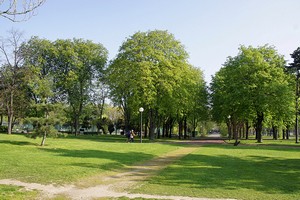
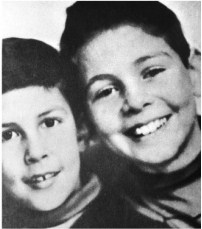
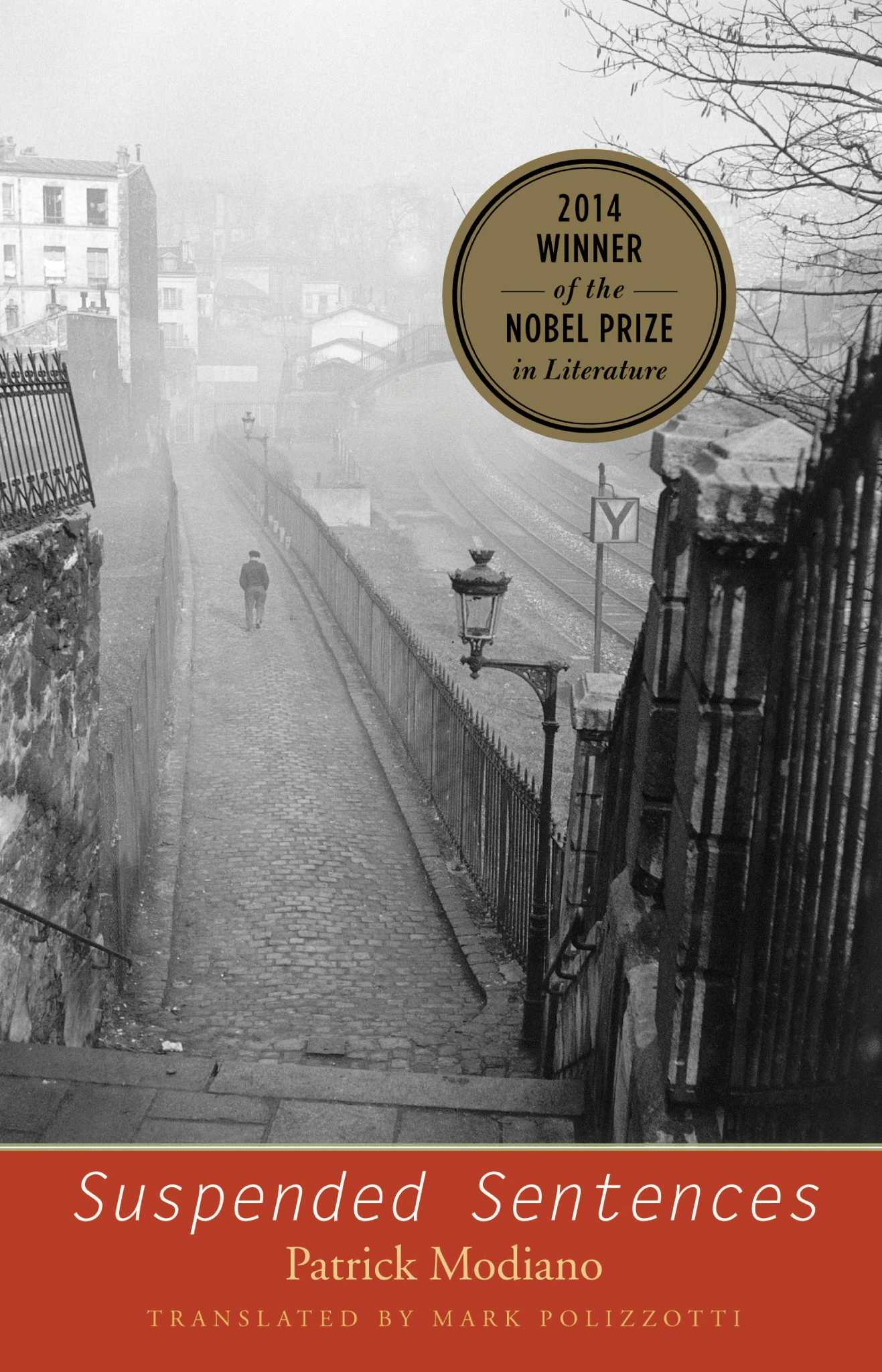
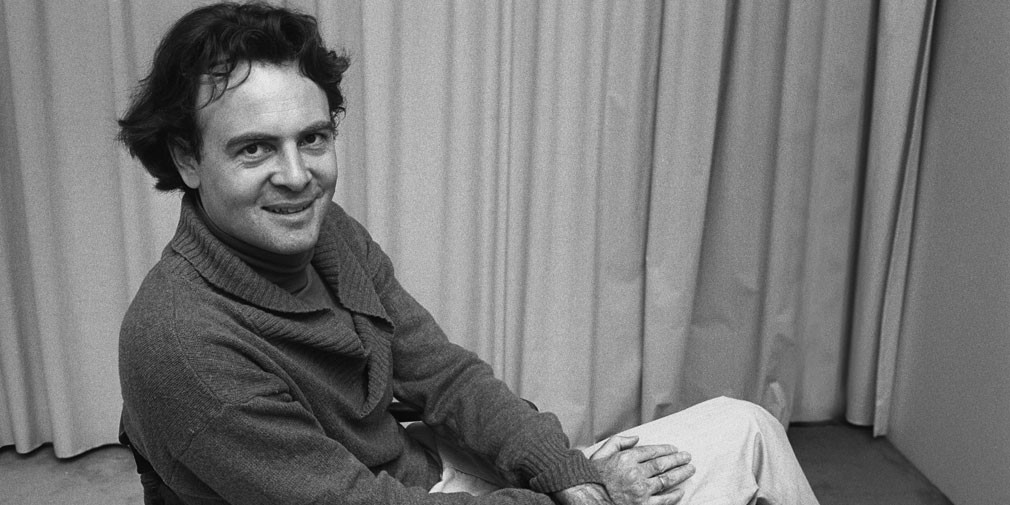
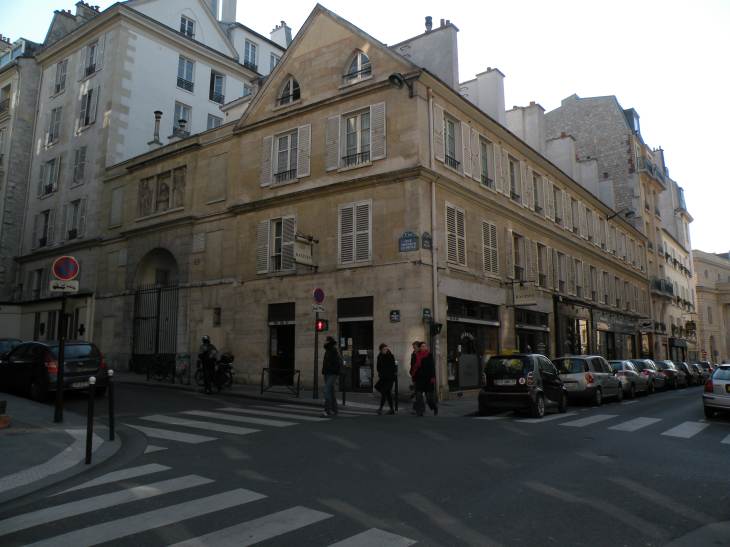
In Nobel winner Patrick Modiano s Suspended Sentences, an edge of mystery motivates three novellas